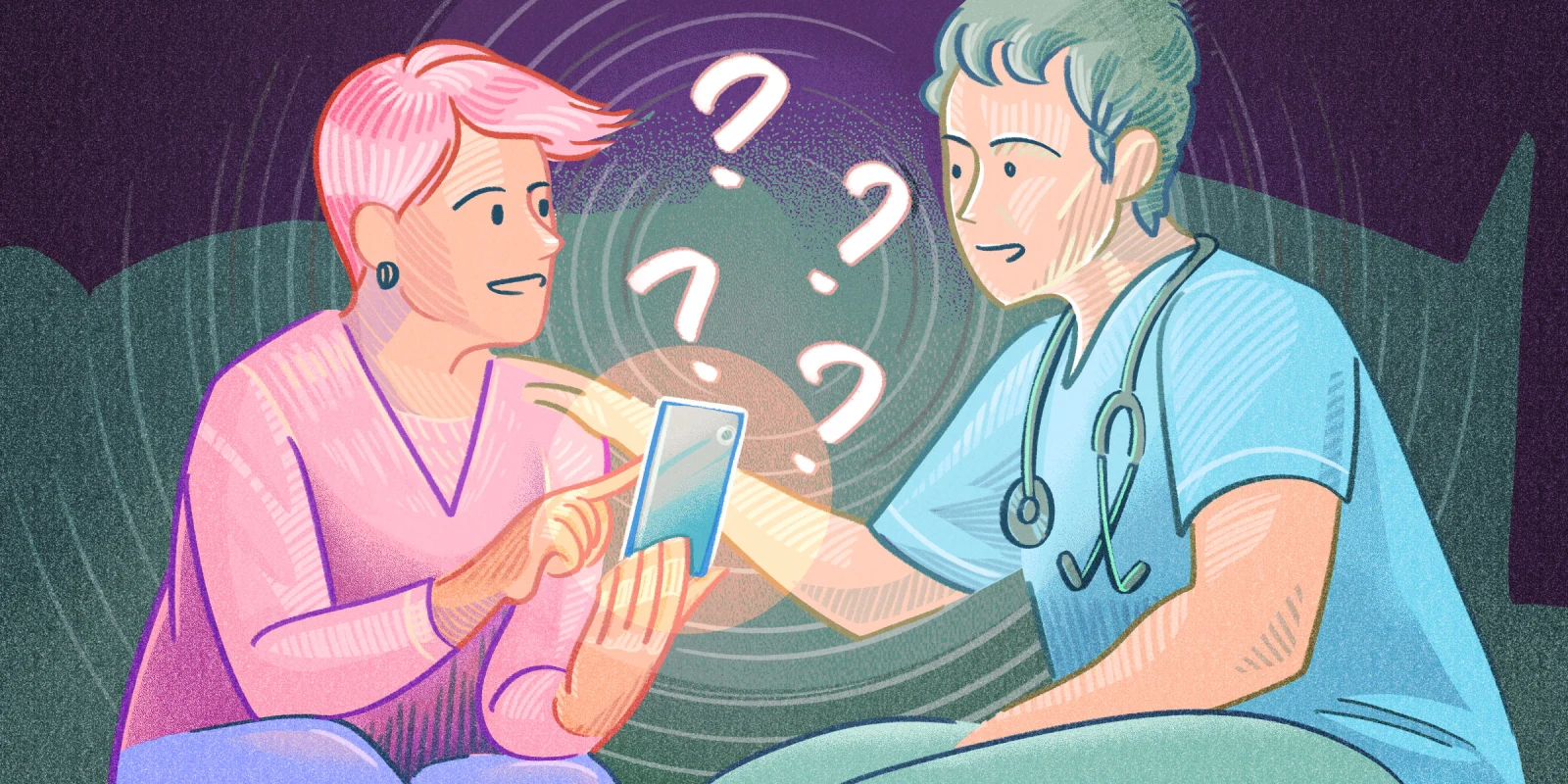Toward the end of every calendar year, the news cycle tends to fill with “year-in-review” headlines noting the biggest stories across any given industry. We’ll undoubtedly see these lists popping up in the health care space, and it would be hard to imagine a 2023 lineup that doesn’t include September’s unanimous confirmation by an FDA advisory committee stating phenylephrine, a common ingredient in decongestant medicine sold over the counter, is not effective when taken orally.
The consequences of this announcement range from a reckless waste of money ($1.8 billion annually is the latest estimate) as patients sought relief from tablets that might as well have been placebos, to a public erosion of trust in institutions designed to safeguard the health and wellness of Americans. Even worse, it appears the ineffectiveness of phenylephrine has been known, or at least questioned, for years. In 2007, an advisory panel told the FDA that evidence suggesting oral phenylephrine worked was “murky” and recommended further study.
I think that’s one of the biggest dangers. We increasingly live (and practice) in a society where patients are more inclined to trust medical advice they receive from a TikTok influencer than from trained experts who study medicine. So, it’s imperative for those of us who are experts to be trustworthy and provide accurate, relevant, and timely information — and updates to that information when new facts are discovered.
As a board-certified allergist who has been practicing medicine for over 30 years, I’ve encountered countless patients who pursue treatment options based on perceived convenience, public opinion, or flashy trends rather than true expertise. Most of the time, this pursuit ends with the patients still sneezing, still congested, and still suffering. Had they consulted a physician first, much of their misery (and wasted time and money) could have been avoided.
Many of my fellow clinicians have admitted they feel disheartened and aren’t sure how to overcome this concerning movement. While I understand that feeling, I also believe we need to do more than hang a sign on our office door that reads, “Don’t confuse your Google search with my medical degree.” We need to understand the reasons why patients might not consider us their first resource. In my experience, here are the biggest reasons patients are prone to seeking out treatment options on their own.
Patients often assume they need a specialist.
Many patients have been burned by their insurance companies for not getting the right referrals before seeking care. It’s an expensive mistake they only make once. Further, many patients don’t even discuss concerns like allergies with their PCP because they assume finding relief will require a second appointment, burdensome approvals, and unforeseen wait times. However, there are treatment options that allow patients to remain in the care of their primary care doctor. For example, while allergy shots require trips to a specialist, allergy drop treatment can be prescribed and overseen by a PCP. Plus, breakthrough innovative treatments, like nocturnal immuno-oral vestibular therapy (NIVOT), further increase access for patients as they can be taken at home.
OTC meds are convenient and provide brief relief.
For many, symptoms like a headache, sneezing, and itching are inconvenient, but not serious enough to require a trip to the doctor. OTC medicines can alleviate some symptoms and provide temporary relief, which feels more convenient than scheduling an appointment.
Once these ideas are in a patient’s mind, it can become nearly impossible to convince them otherwise. Which is why a collaborative approach to patient care matters. In many ways, primary care doctors are the first line of defense and can help their patients get the right care, without having to refer outside of their practice. And when a PCP helps a patient achieve long-term relief, without having to see various specialists, it builds trust and leads to practice retention.
Long-term solutions are not usually discussed during routine appointments.
By educating patients about treatments that offer long-term relief and advocating for solutions that treat the source of an ailment rather than the symptoms, patients will better understand what’s available to them — and avoid spending time and money chasing a short-term fix. In the case of allergies, immunotherapy is the only treatment that biologically alters the source of symptoms to bring lasting relief. In personalized drop form, it can be an excellent alternative to over-the-counter allergy meds or expensive, inconvenient, and painful twice-weekly injections.
With a little more collaboration and focus on healing instead of short-lived satisfaction, perhaps 2024’s year-in-review headlines will read, “Patient Trust at an All-Time High: Clinicians Are No Longer Questioned.”
What are you doing to gain your patients' trust? Share in the comments.
Dr. Roberto Garcia is a practicing board-certified allergist located in Tampa Bay, Florida. He is also the founder and CEO of Potens Allergy LLC. Dr. Garcia has spent a decade researching the clinical effectiveness of sublingual immunotherapy (SLIT) as an alternative to allergy shots. He discovered and patented a novel approach to immunotherapy called Circava System therapy.
Illustration by April Brust







